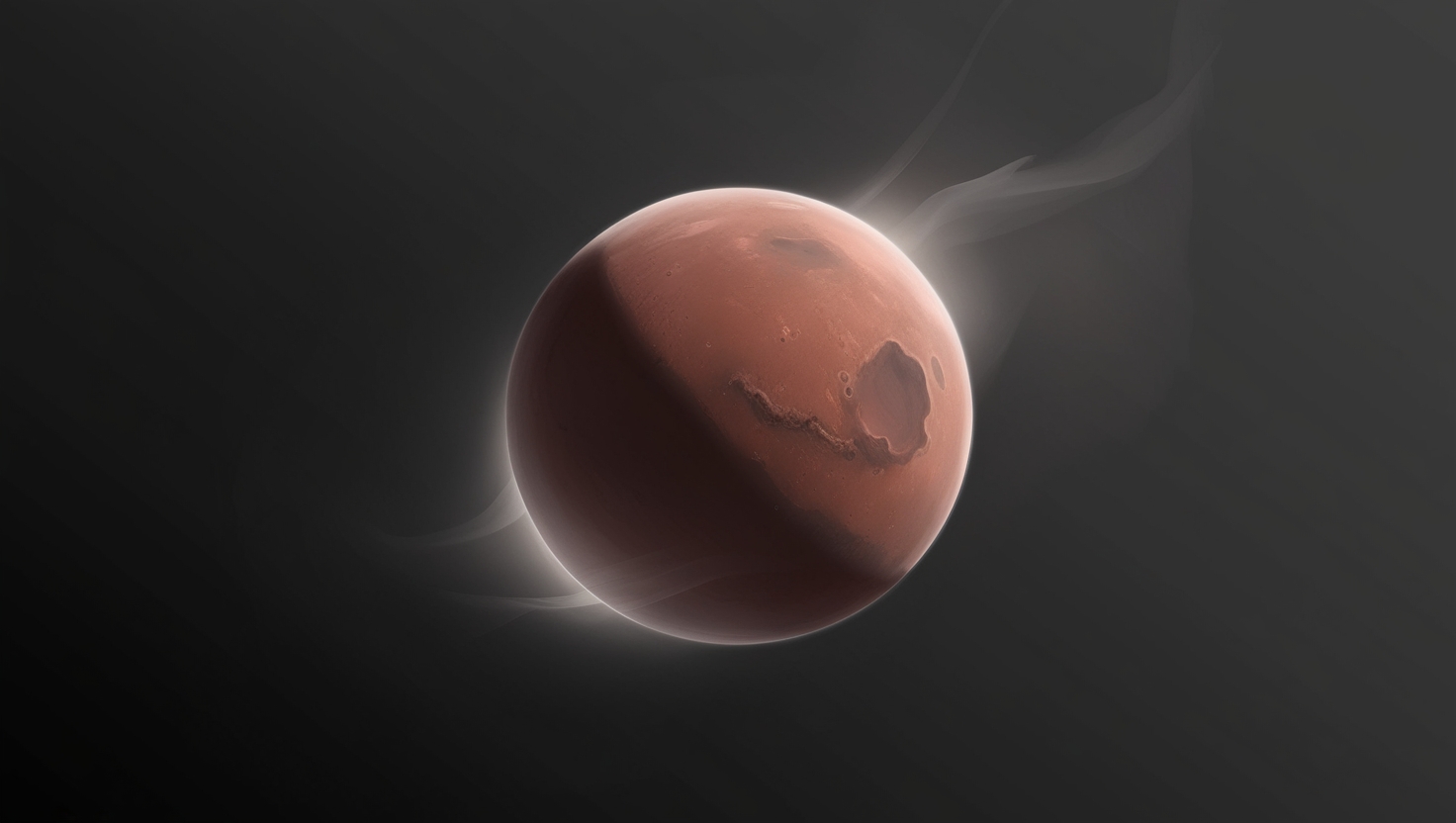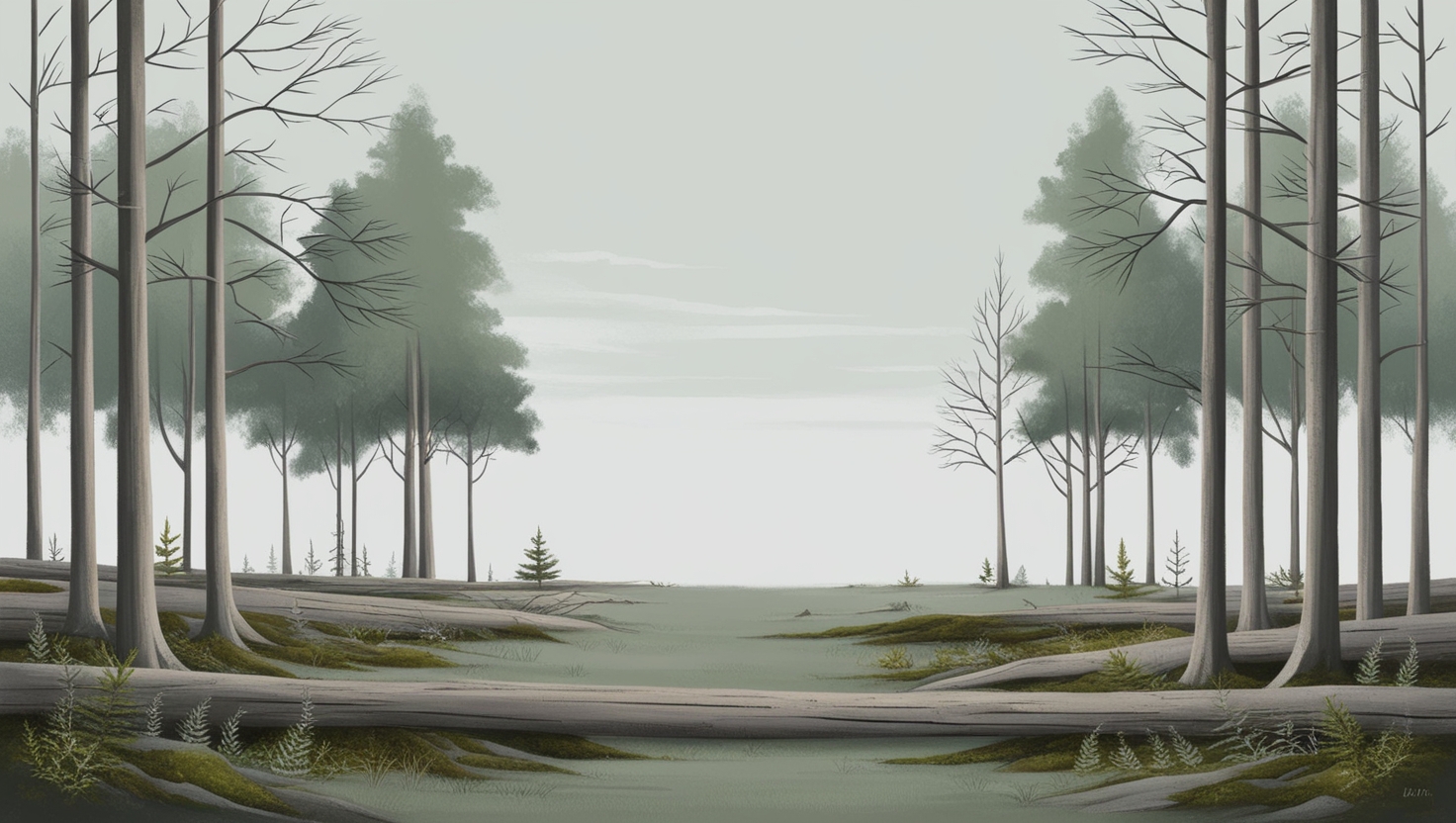Imagine standing on the surface of a distant planet, with the sky tinted pink, the wind howling across a desolate landscape dotted with ancient riverbeds. This is Mars—a planet that has captivated the imagination of scientists and dreamers alike for centuries. The idea that Mars may have once harbored life is one of the most tantalizing mysteries in the universe, sparking bold exploration missions, endless scientific inquiry, and even works of science fiction. But beyond the realm of fantasy, what does the evidence say? Did life ever really exist on the Red Planet?
The Martian Landscape: A Telltale Sign of Water
One of the primary reasons Mars has long intrigued scientists is its landscape, which bears striking similarities to Earth’s, particularly in its geological formations. Mars is home to valleys, ancient lake beds, and river channels—clear signs that liquid water once flowed freely on its surface. And where there’s water, there’s a chance for life. In fact, recent evidence suggests that underground lakes may still exist beneath its polar ice caps, a glimmer of hope that microbial life could have survived long after the planet’s surface became inhospitable.
The Search for Organic Molecules
Over the years, Mars rovers such as Curiosity and Perseverance have been combing the planet’s surface for organic molecules—the building blocks of life. In 2018, a groundbreaking discovery was made when Curiosity detected complex organic compounds in ancient rock formations, hinting that Mars may have once supported life. While these findings don’t prove life existed, they fuel the possibility that Mars had the right conditions—at least for a brief period—for life to thrive.
Extremophiles: The Key to Martian Survival?
If life ever did exist on Mars, it likely didn’t resemble anything familiar. Earth has taught us that life can survive in the most extreme conditions, thanks to creatures known as extremophiles. These hardy organisms thrive in places where life was once thought impossible—deep ocean trenches, volcanic vents, and Antarctica’s frozen desert. It’s not far-fetched to imagine that similar organisms could have adapted to Mars’ harsh environment.
The Mystery of Methane
One of the most intriguing pieces of the puzzle is the presence of methane in Mars’ atmosphere. On Earth, a significant portion of methane is produced by living organisms. Mars has seasonal fluctuations in methane levels, leading scientists to question whether these emissions are the result of biological processes. Could underground microbial life be responsible for this mysterious methane? Or is it a geological process, completely devoid of biology? The answer could be key to understanding Mars’ past.
Meteorites from Mars: Pieces of an Ancient Puzzle
Another clue in the quest for Martian life comes from meteorites. Over the years, several meteorites have been discovered on Earth that originated from Mars. Some of these contain tiny structures that resemble fossilized microbes, leading to fierce debate in the scientific community. While no consensus has been reached, these Martian meteorites offer a rare glimpse into the planet’s ancient history and suggest that life may have had a foothold billions of years ago.
The Future of Mars Exploration
As we continue to explore Mars, missions such as NASA’s Mars Sample Return and future crewed missions promise to bring even more insights into the planet’s past. These missions could provide direct evidence of ancient microbial life—or confirm its absence. But regardless of the outcome, the quest to understand whether life once thrived on Mars is far from over.
Conclusion: A Question That Echoes Through the Cosmos
The question of whether life ever existed on Mars is one that transcends scientific curiosity. It challenges us to reconsider our place in the universe, to imagine the possibilities beyond our home planet, and to seek answers in the vast, untamed wilderness of space. Whether or not we ever find definitive proof of Martian life, the search itself has already expanded our understanding of life’s resilience, adaptability, and potential. As we stand on the edge of future discoveries, Mars continues to beckon—a cold, silent world, holding onto secrets that could change everything we know about life in the cosmos.







